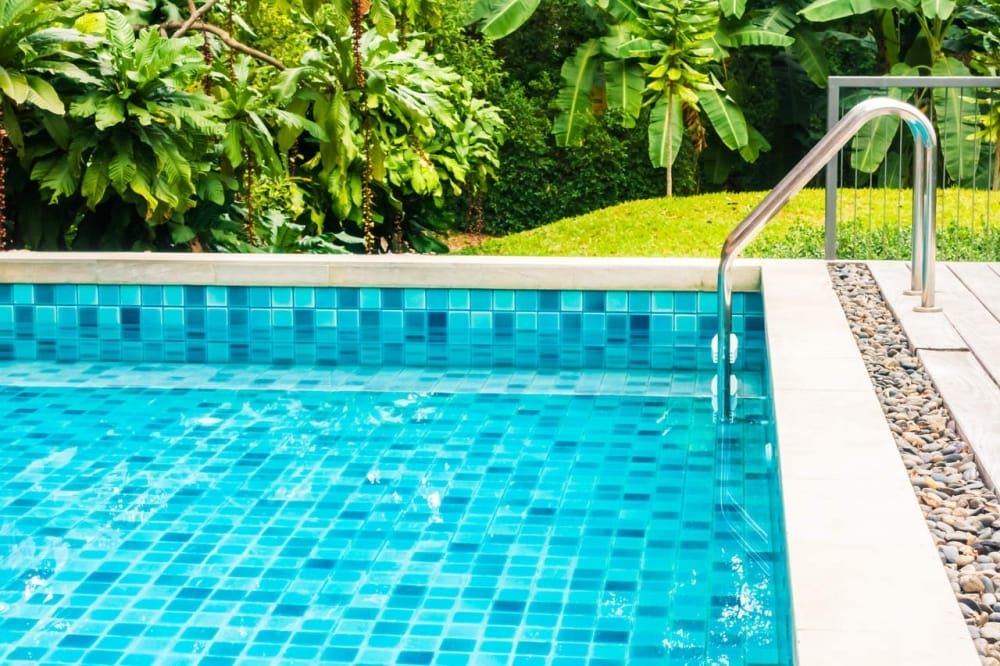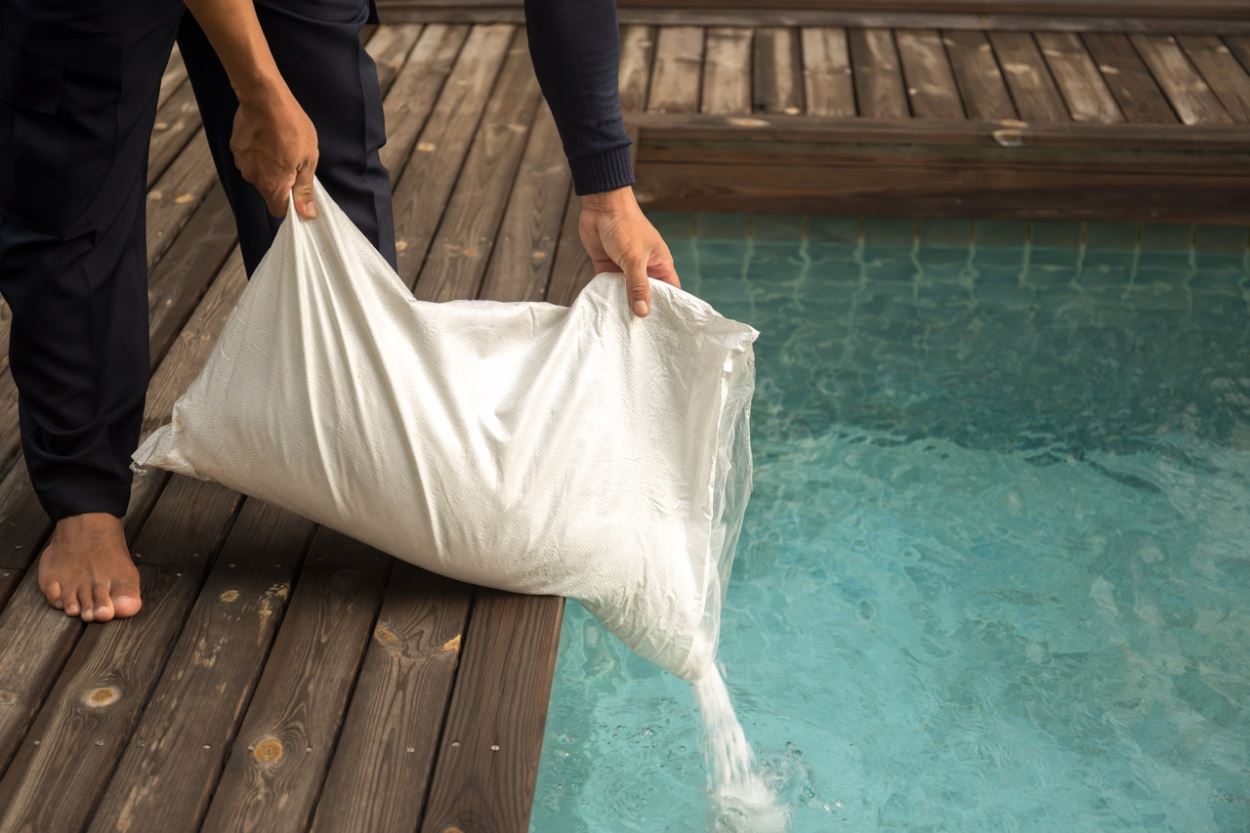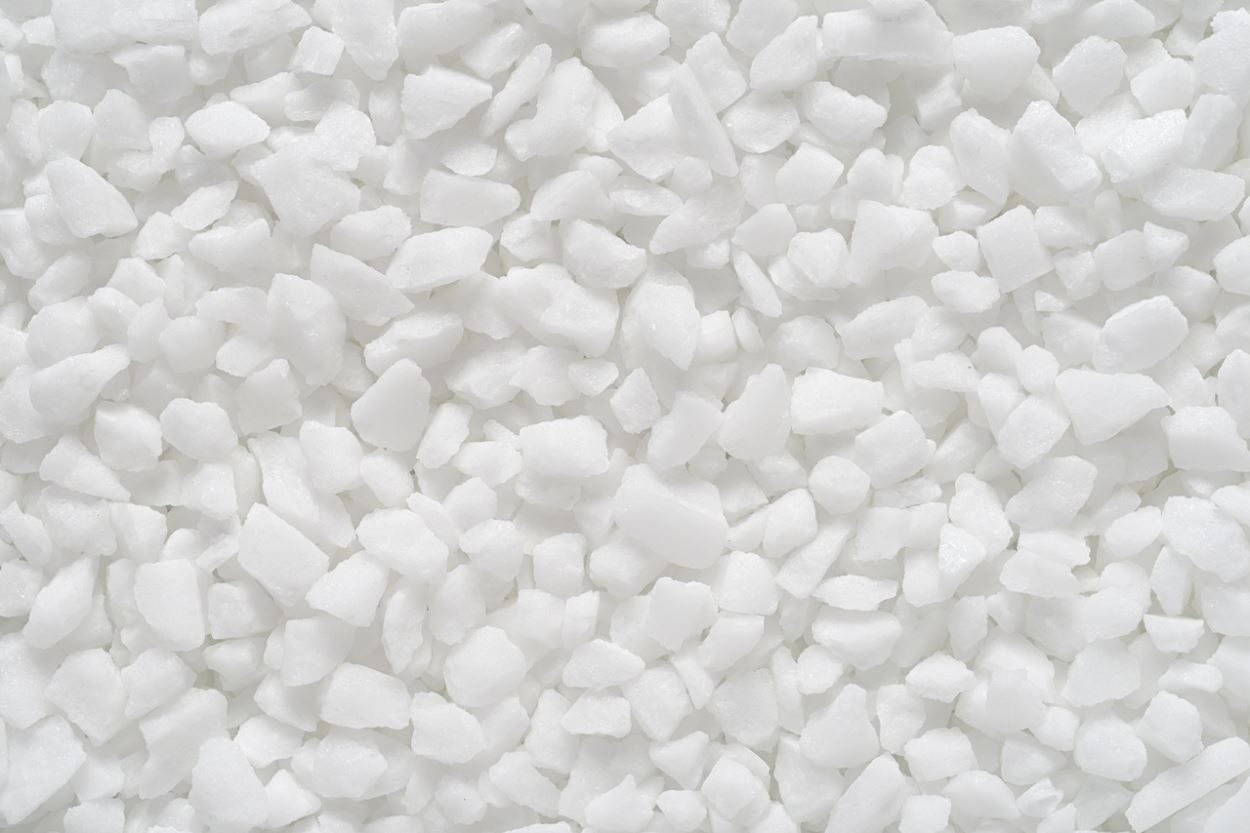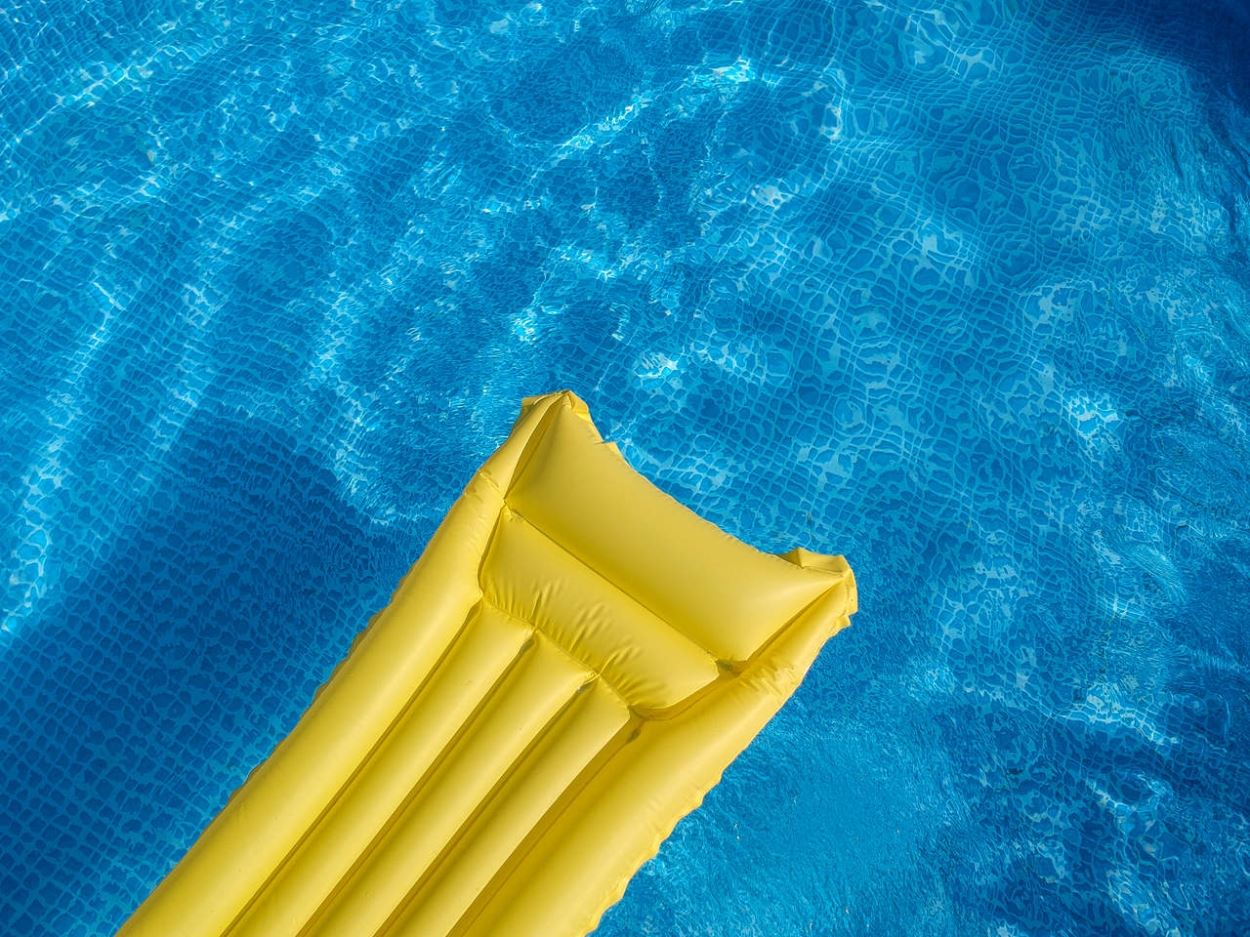Can I Use Water Softener Salt In My Pool?
2020-12-18(51699)
Most pool owners ask the same question, “can I use water softener salt in my pool?” In fact, the hardness of the pool water is quite a common problem. Hard water contains minerals in high amounts. Those minerals build up inside the pipes, on the surface of the pool, and inside the pool equipment, which as a result, cause malfunction.
The impacts of hard water in pools not only create an unsightly appearance but also irritate the swimmers and may cause health issues like skin irritation. In this article, as Koyuncu Salt, a world-class salt exporter, we will answer the question, “can I use water softener salt in my pool,” discuss hard water, its effects, and water softener salt.
Can I Use Water Softener Salt In My Pool?

Water softener salt finds a wide range of usage areas, including household appliances and industrial water treatments. This type of salt prevents the negative impacts of hard water such as buildups and scales that can form in household appliances and pipes. But these problems that the minerals in hard water cause do not only apply to appliances like a showerhead or a kettle.
Swimming pools can also be affected by the same problem. So, can water softener be used in swimming pools? The answer is: yes, it can.
Hard Water Pools
Now you know that the answer to “can I use water softener salt in my pool” is yes, but do you know why you should soften your pool’s water? Maintaining balanced chemical levels in swimming pools keeps them in perfect condition for a longer period and ensures the health of the swimmers. However, when the chemicals used in pools go out of the track, so does the pools’ condition.
In general, hardness, pH, and chlorine levels are the top three concerns of pool owners. Hardness in pools occurs when the mineral content in water, which largely consists of calcium and magnesium is high. Hard water causes:
● White residue on ladders, surfaces, pool decks, which are known as scaling,
● Buildups and corrosion in pool appliances and pipes.
Take a look at our article, What Happens If Water Softener Runs Out of Salt to learn more about water softener salts and hard water.
Keep These In Mind
● As we stated above, it is important to maintain a certain level of softness in pool water. However, it is also advised that pool water should not be fully softened. Do not pour more than a reasonable amount of water softener salt in a pool.
● Also, keep in mind that breaking the hardness of pool water should be obtained over an extended time, and not over a short period of time like in 24/48 hours.
● Carefully choose the type of water softener you will use in your pool. If it is of poor quality or of a closer appearance to being road salt than pool salt, it does more harm than good to your pool and the swimmer’s health.
● Water softener salts is a pure form of salt, so it improves the hygiene of pool water as well as softening it.
Are you unsure about the type of pool salt you should choose? Check out our article; The Type of Pool Salt You Should Use & Why before you make your decision.
Use of Water Softener Salt In Pools
 Other for water softening purposes, water softening salts can also be used in place of disinfecting pool salts, which are a natural hygiene solution for swimming pools. Pool salt needs to be in high purity and safe for swimming pools. In that respect, water softening salts are just as pure as pool salts.
Other for water softening purposes, water softening salts can also be used in place of disinfecting pool salts, which are a natural hygiene solution for swimming pools. Pool salt needs to be in high purity and safe for swimming pools. In that respect, water softening salts are just as pure as pool salts.
The most significant thing to remember when using water softener salts in swimming pools is that these salts have grades. So, next time when buying water softener salt, take a look at the bag to tell the difference.
If the salt seems like road salt with impurities such as brown, pink, or grey lumps in it, do not use it in your pool. These impurities might be minerals like iron and manganese, which may cause unwanted results such as discoloring the water and staining the pool.
 On the other hand, if the salt looks pure with its clean white pellets or chips, you can use it in pools. You may find the analysis of salt’s chemical properties on its bag as well. If it is pure sodium and chloride, it can be used in place of pool salt.
On the other hand, if the salt looks pure with its clean white pellets or chips, you can use it in pools. You may find the analysis of salt’s chemical properties on its bag as well. If it is pure sodium and chloride, it can be used in place of pool salt.
The difference to bear in mind is that water softener salt takes longer to dissolve in water. It is nothing to worry about. If you dump the salt in the shallow end of a pool and brush it, it dissolves relatively more quickly. Lastly, if you ask, “why should I use water softener salt in my pool,” we can say that it is cheaper and natural. Yet, if you intend only to disinfect your pool then, you can consider pool salt as well.




